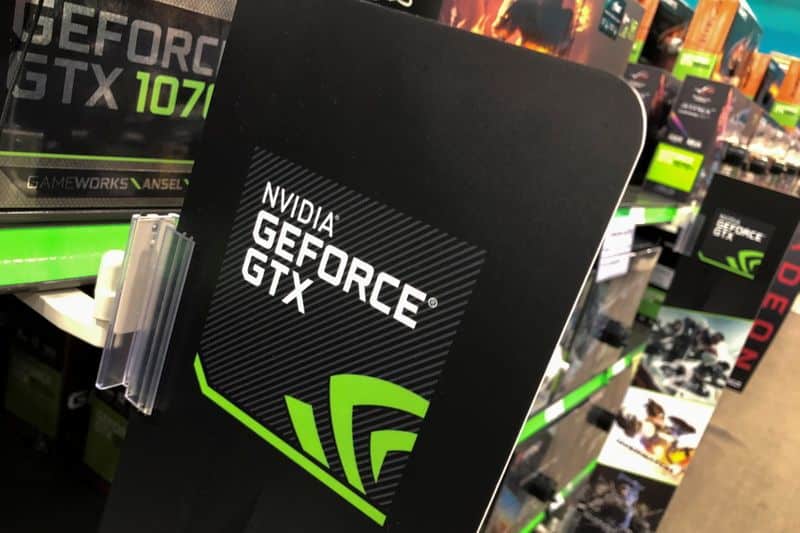
Summary
- Despite U.S. bans, Chinese suppliers are still able to acquire advanced U.S. chips, including Nvidia semiconductors, highlighting the complexity of completely removing access.
- Purchases of these high-end U.S. chips are not illegal in China and have been made by numerous Chinese entities since restrictions came into effect.
- The advanced chips, considered superior for AI work, continue to be in demand, due to a lack of viable alternatives from local manufacturers like Huawei.
- An underground market for these chips has surfaced in China, finding suppliers in excess stock from large U.S. companies or through imports from places like India, Taiwan, and Singapore.
- As a result, U.S. authorities are moving to tighten regulations and limit access for Chinese company units located outside China.
Chinese Purchases of U.S. Chips Continue Despite Ban
Chinese suppliers, many of them largely unknown, continually purchase advanced U.S. chips, such as those from Nvidia. These transactions underscore the complexity that the U.S. government faces in trying to sever China’s access to these chips, which can fuel progress in AI and advanced computing, potentially benefiting its military.
High-End Chip Trade in China
It’s not against the law in China to buy or sell high-end U.S. chips, and public records reveal multiple Chinese entities buying these Nvidia chips since sanctions were applied. This includes the powerful A100 and H100 chips as well as the slower A800 and H800 chips directed at the Chinese market, all of which came under a U.S. ban.
Nvidia Chips and AI Technology
Nvidia’s graphic processing units, a form of chip, are widely regarded as significantly superior to other competing products for AI applications. This is because they can process the massive volumes of data necessary for machine learning more efficiently.
This situation underscores the challenge for Chinese companies seeking local alternatives, despite Huawei and other companies developing rival products. Before the constraints, Nvidia dominated China’s AI chip market with a 90% market share.
Transactions and Buyers
Buyers range from renowned universities to entities subject to U.S. export restrictions due to their alleged involvement in military affairs or association with a military body that opposes U.S. interests. Most of these purchases are for AI applications, but the quantities bought are minimal, insufficient to develop a large AI language model from scratch.
The Impact of U.S. Restrictions
Following U.S. restrictions, an underground chip market has emerged in China. Vendors in China claim to source excess stock after Nvidia ships large quantities to U.S. firms, or import through locally incorporated companies in other countries.
The situation has drawn a significant response from U.S. authorities, who have pledged to close loopholes in the restrictions and restrict access to the chips by Chinese companies’ units outside China. However, some experts argue that it’s not possible to make these export restrictions completely watertight given the small size of these chips.
This story can impact forex trading by influencing currency market sentiments based on China’s tech growth and U.S. export control policies, potentially affecting assets like the US dollar, Chinese yuan, and tech stocks.

















